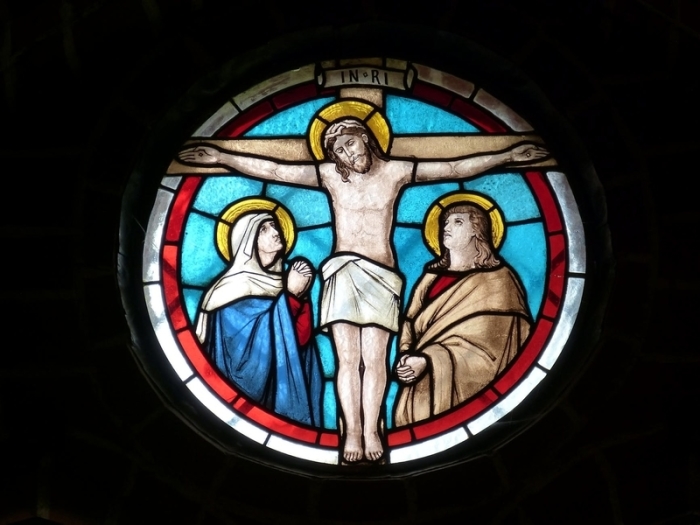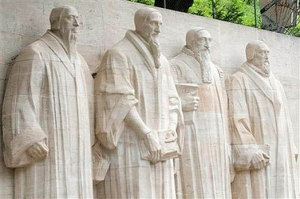Failure to properly understand Trinity leads to 'heresy,' warns theologian

A failure to properly understand the Trinity can result in dangerous, non-Christian understandings and even heresy, a theologian said.
In a recent video posted on The Gospel Coalition website, Fred Sanders, professor of theology at Torrey Honors Institute at Biola University, said the doctrine of the Trinity — the belief that there is one God who eternally exists as three distinct Persons: the Father, Son, and Holy Spirit — is “really, really important.”
“I think the reason that so many heresies that come up anywhere in Christian thought can be traced back to problems with the doctrine of the Trinity, is that the doctrine of the Trinity is the Christian answer to the question, ‘Who is God?’”
While Scripture is full of details, fascinating stories, and teachings on a wide variety of topics, it essentially reveals that “God is the Father who sends the Son and the Holy Spirit,” Sanders said.
“God is the Father, the Son, and the Holy Spirit,” he said. “To come up with any other answer to the question, ‘Who is God,’ is to get off track at a very foundational issue.”
When people come to the doctrine of the Trinity, they “often end up in one of two ditches,” he warned.
“Either they think it’s just a mystery we’re never supposed to look at all, or, on the other hand, they may think they’re free to make up their own ideas about what the Trinity might mean, he said.
“So if you engage it either as just a blank mystery or as a free-zone for playing and creatively making up anything you want to, you’re messing with the very doctrine of God, that is to say the Christian answer, the biblical answer to the question, ‘Who is the God behind all of salvation history?’” he said.
“Obviously, that’s going to be a kind of a capstone theologically or intellectually, and if that goes, everything else goes with it."
According to LifeWay Research’s 2016 State of American Theology Study, seven out of 10 Americans (69 percent) agree there is one true God in three persons: God the Father, God the Son and God the Holy Spirit. Six in 10 say Jesus is both divine and human (61 percent).
But when it comes to the doctrine of the Trinity, most Christians are poor in their understanding. More than half (52 percent) say Jesus is the first and greatest being created by God, while 56 percent say the Holy Spirit is a force rather than a person. Many are confused on the role of the Holy Spirit, with a quarter (28 percent) saying the Spirit is a divine being but not equal to God the Father and Jesus.
Previously, Sanders acknowledged that there is a "mysteriousness" to the Trinity that people have a hard time comprehending. To gain a better understanding of the Trinity, he pointed Christians to the Gospel.
"You know what the eternal God is like? He's like the Father sending the Son and the Holy Spirit. In other words, the Trinity is like the Gospel," he summed. "Explain the Gospel in such a way that the Trinity just naturally makes sense."
"There's a trinitarian structure to the way God works salvation," he continued. "The Father plans salvation, … the Son carries out salvation (accomplishes it), and the Holy Spirit fulfills (by applying that accomplished salvation)."
"The idea that everything God does, the Father does through the Son and the Spirit is a really helpful way of kinda getting into trinitarian ways of thinking,” he said.
For Christians interested in studying the Trinity for themselves, Sanders recommended reading Galatians 4:4-6 and John 1:1-3.
Read more on Sanders' explanation of the Trinity here.





























